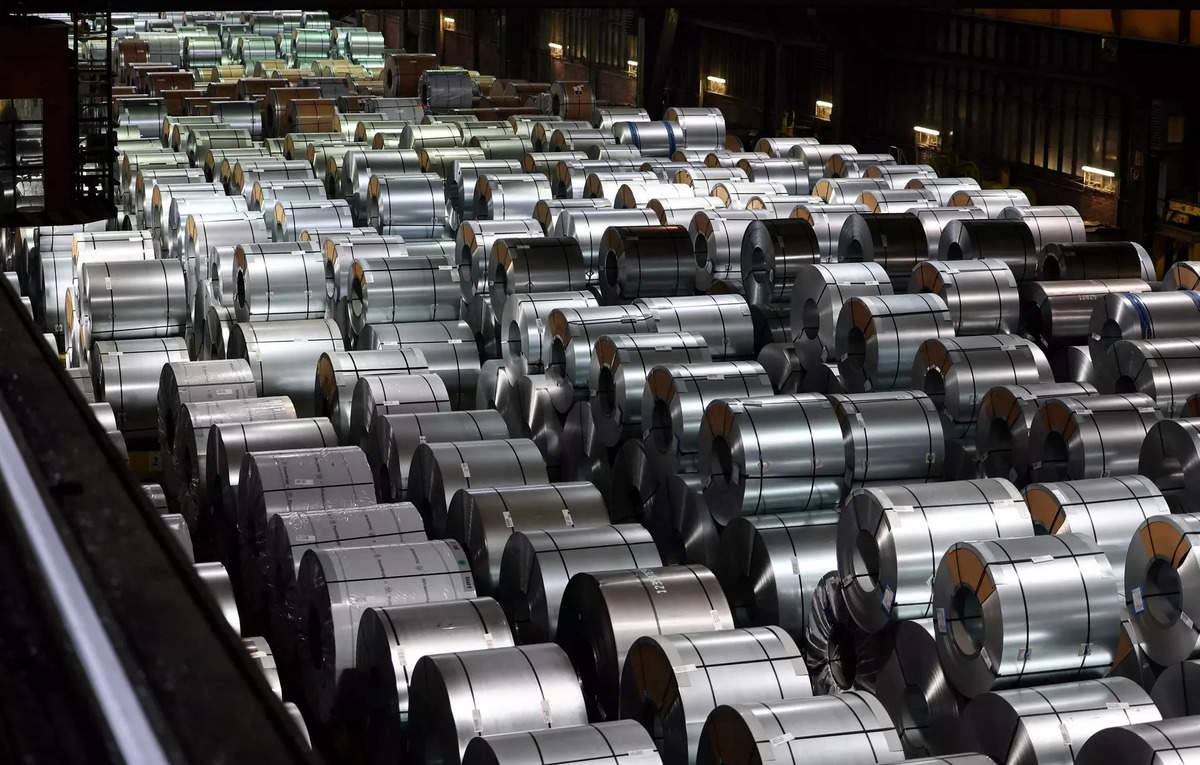Italy, Germany, and Austria Collaborate on Hydrogen Transportation Network
Key Ideas
- Italy, Germany, and Austria have signed a cooperation deal to develop a hydrogen transportation network from the southern Mediterranean to northern Europe.
- Italian companies like Snam, Tenaris, and Tenova are conducting trials on using hydrogen fuel at a steel plant in Dalmine, near Bergamo, to reduce emissions.
- The trial aims to assess the performance and reliability of hydrogen in the steel industry as part of a broader decarbonization initiative led by Snam.
- Hydrogen's main by-product as a fuel is water vapor, along with small amounts of nitrogen oxides, making it a less polluting alternative to fossil fuels.
In a recent development, Italy, Germany, and Austria have joined hands to establish a hydrogen transportation network spanning from the southern Mediterranean to northern Europe. Moreover, Italian entities such as Snam, Tenaris, and Tenova are actively engaged in a trial to introduce hydrogen fuel at a steel plant located in Dalmine, near Bergamo. The primary objective of this trial, which will run for six months, is to evaluate the effectiveness and reliability of hydrogen utilization within the steel industry. This initiative is aligned with Snam's overarching strategy to support industrial companies in their decarbonization efforts. Notably, hydrogen, when utilized as a fuel, produces water vapor as its primary by-product, accompanied by minimal nitrogen oxides, thereby positioning it as a cleaner alternative to conventional fossil fuels. These collaborative efforts and trials signify a significant step towards embracing hydrogen as a sustainable energy source and driving towards a greener future.
